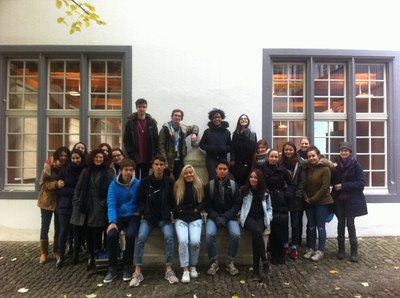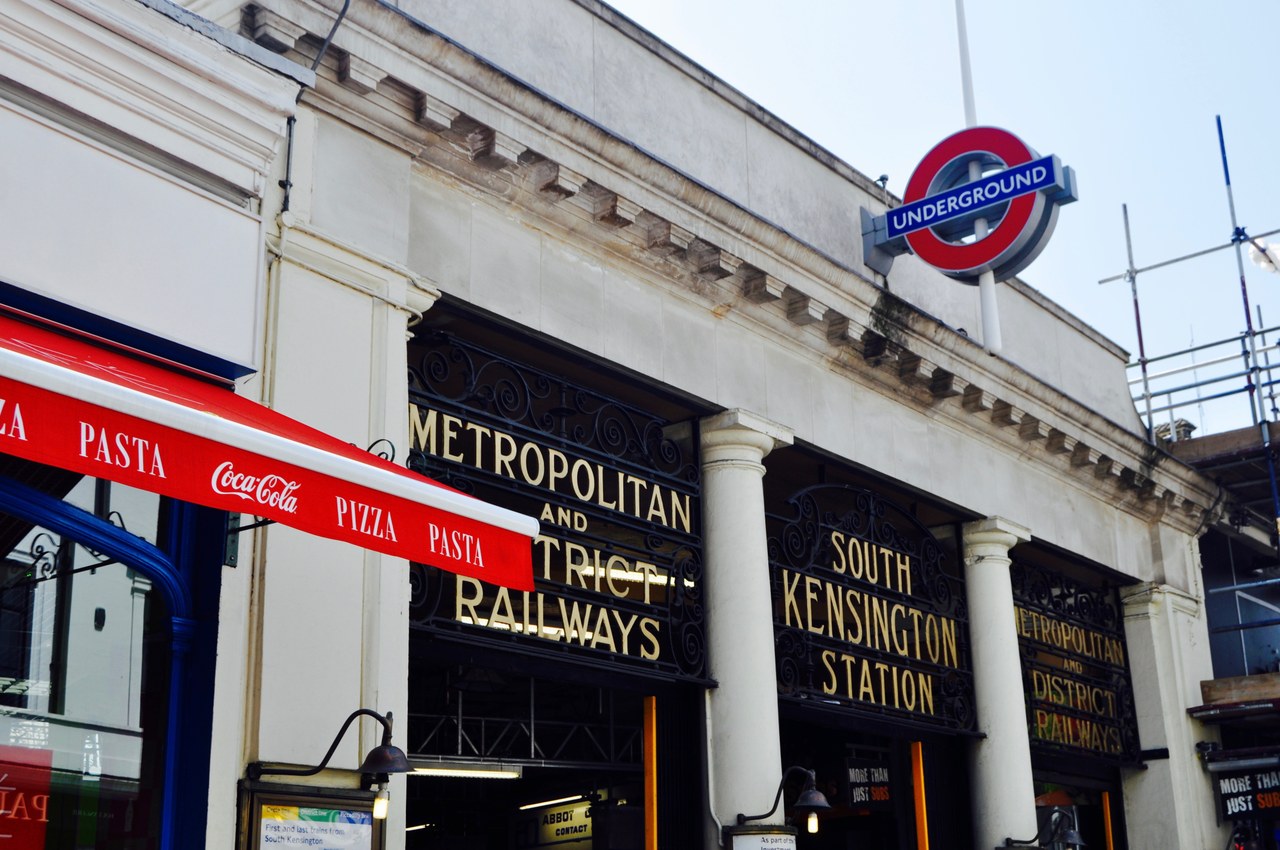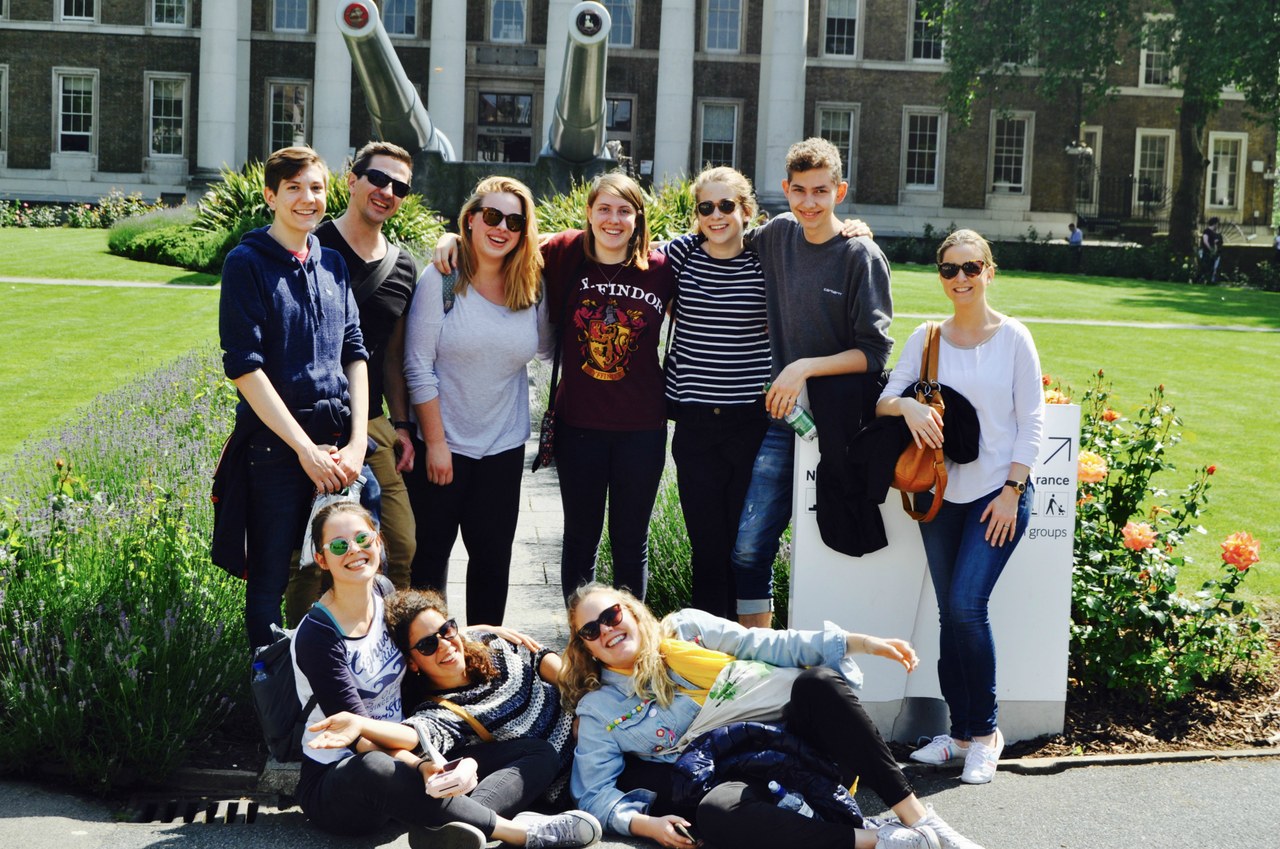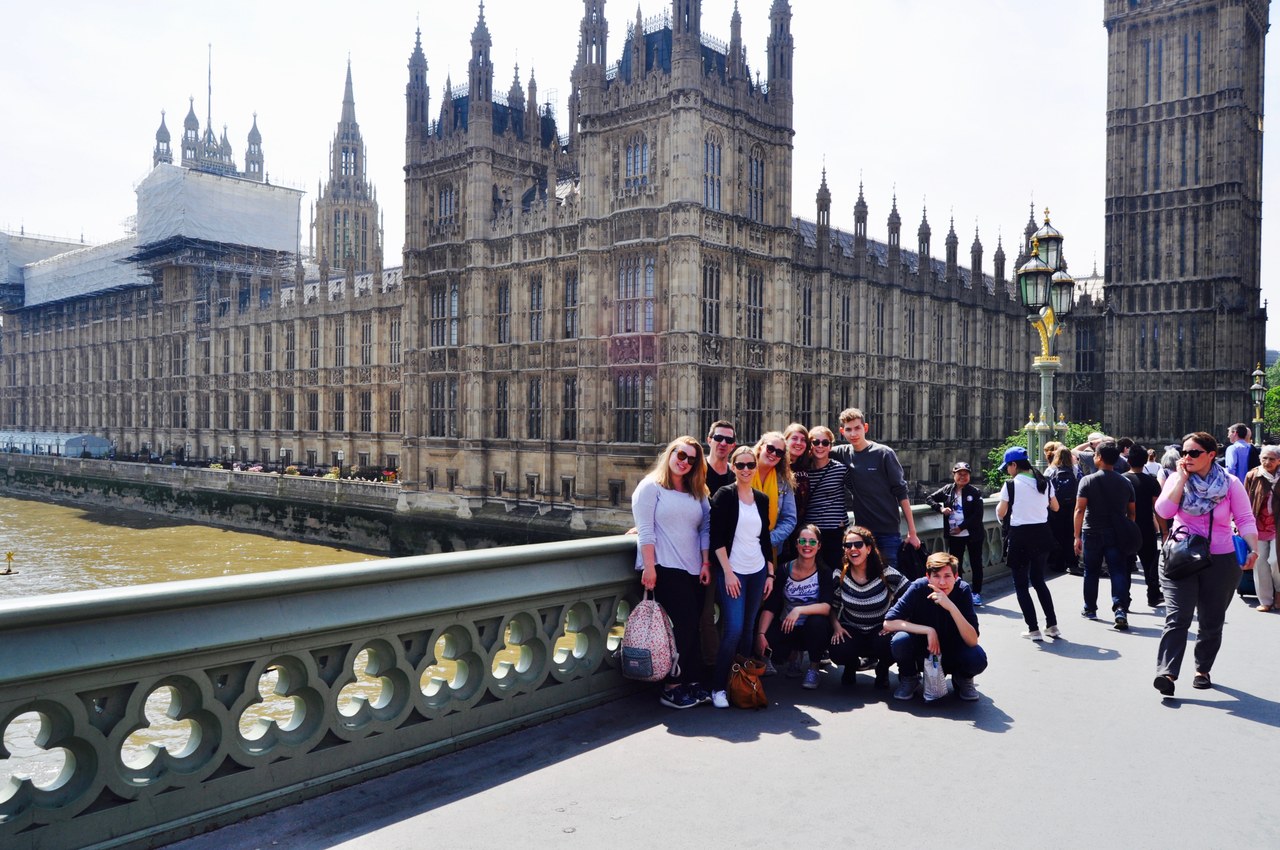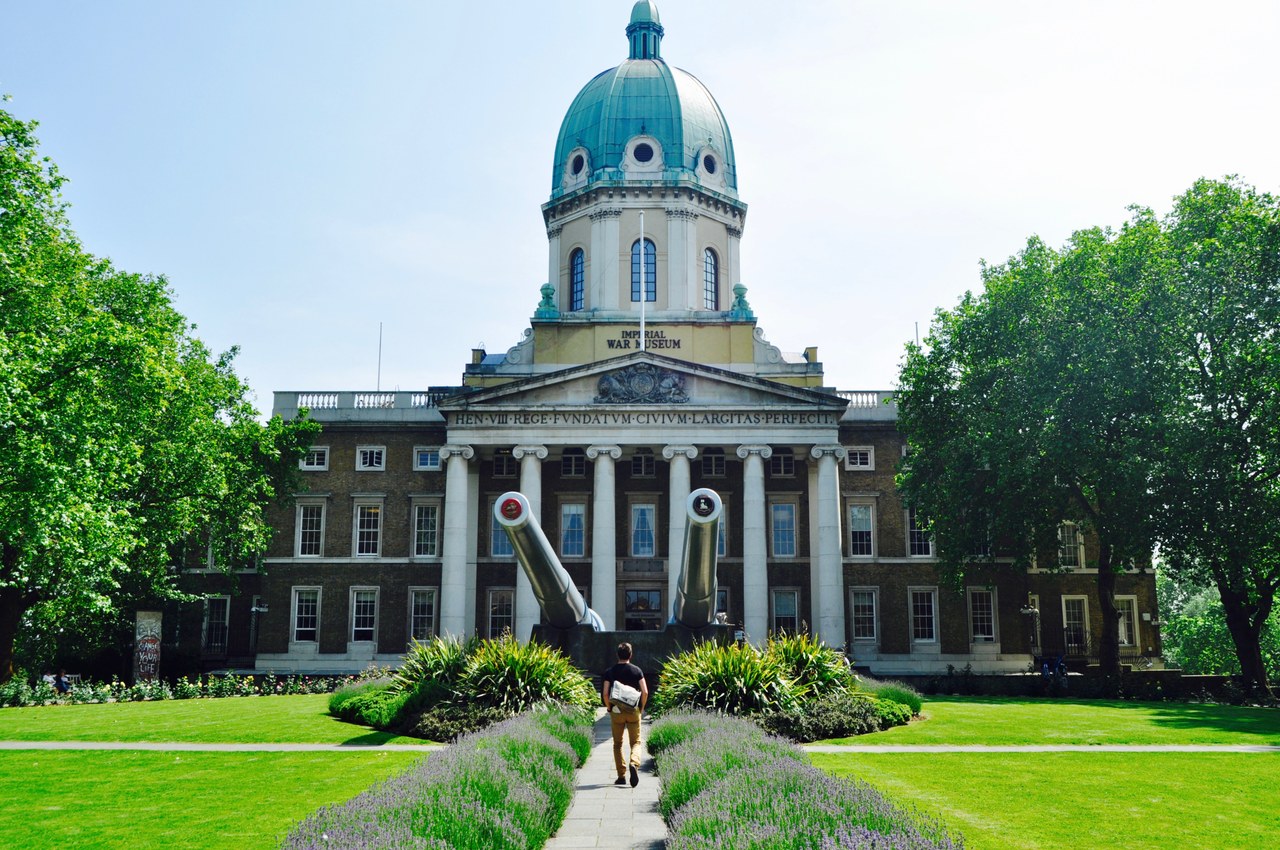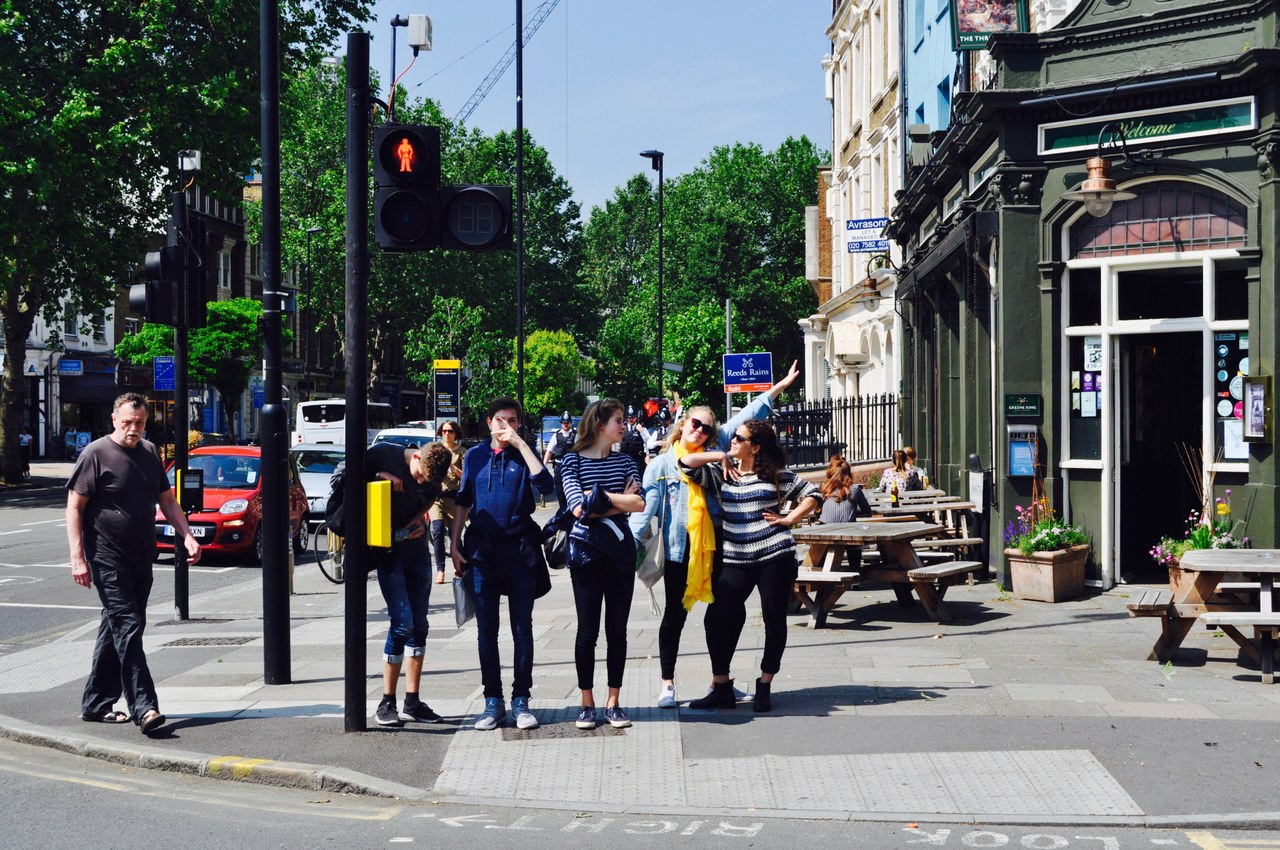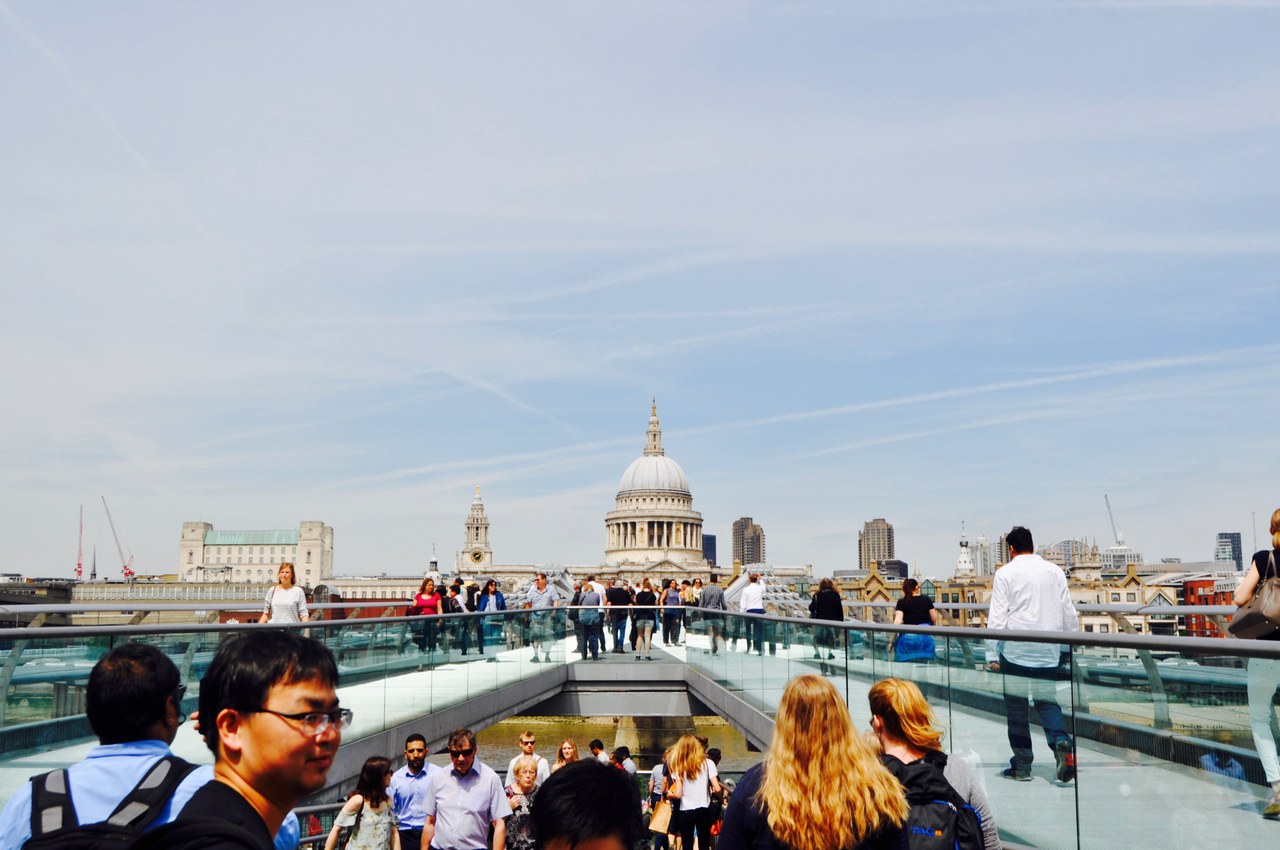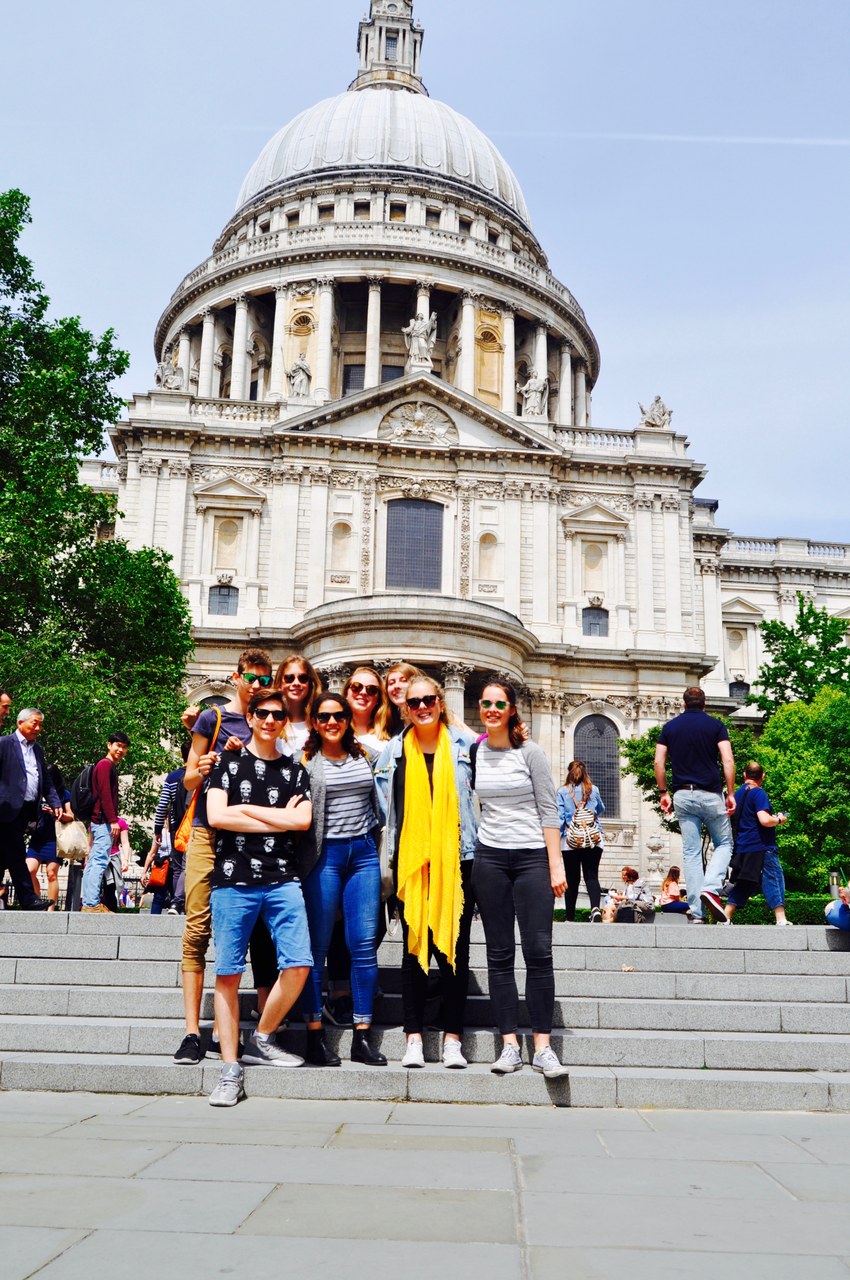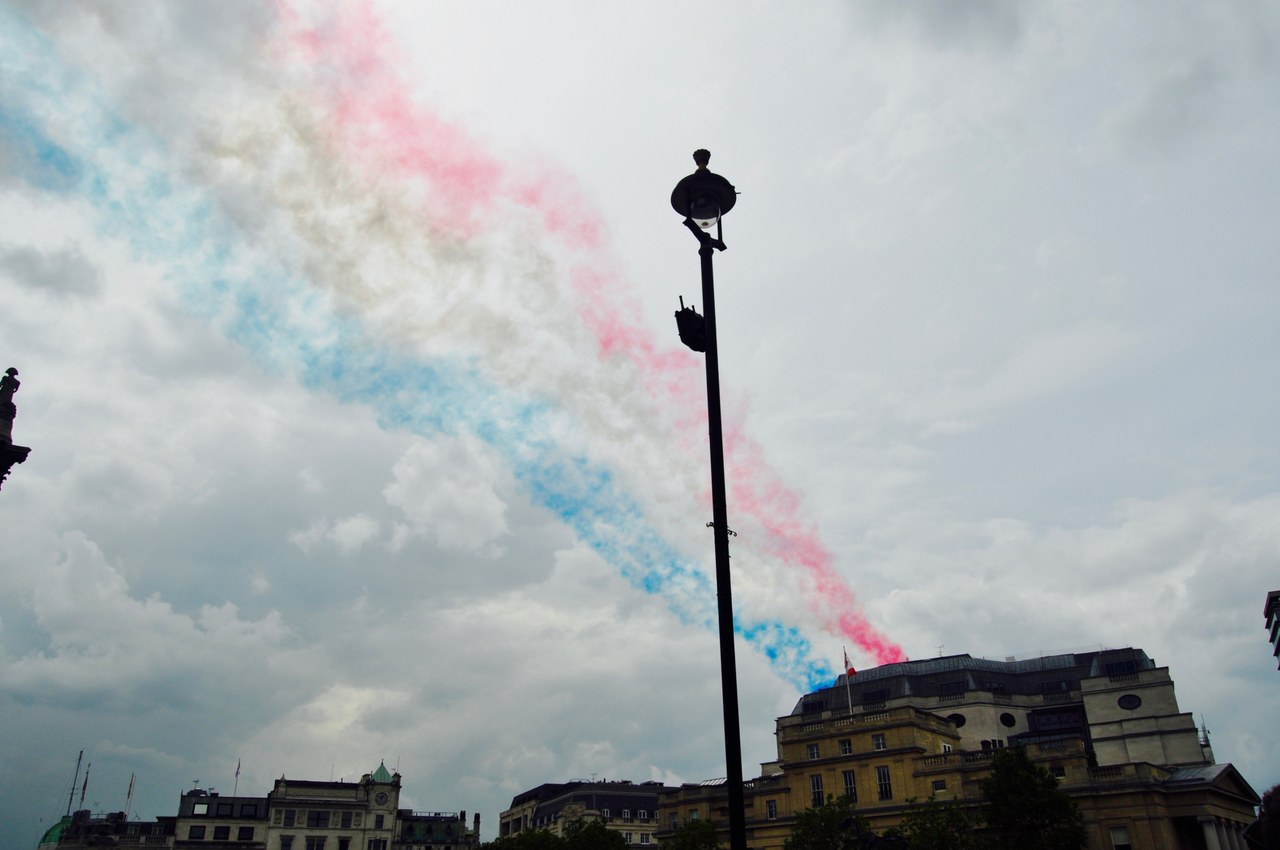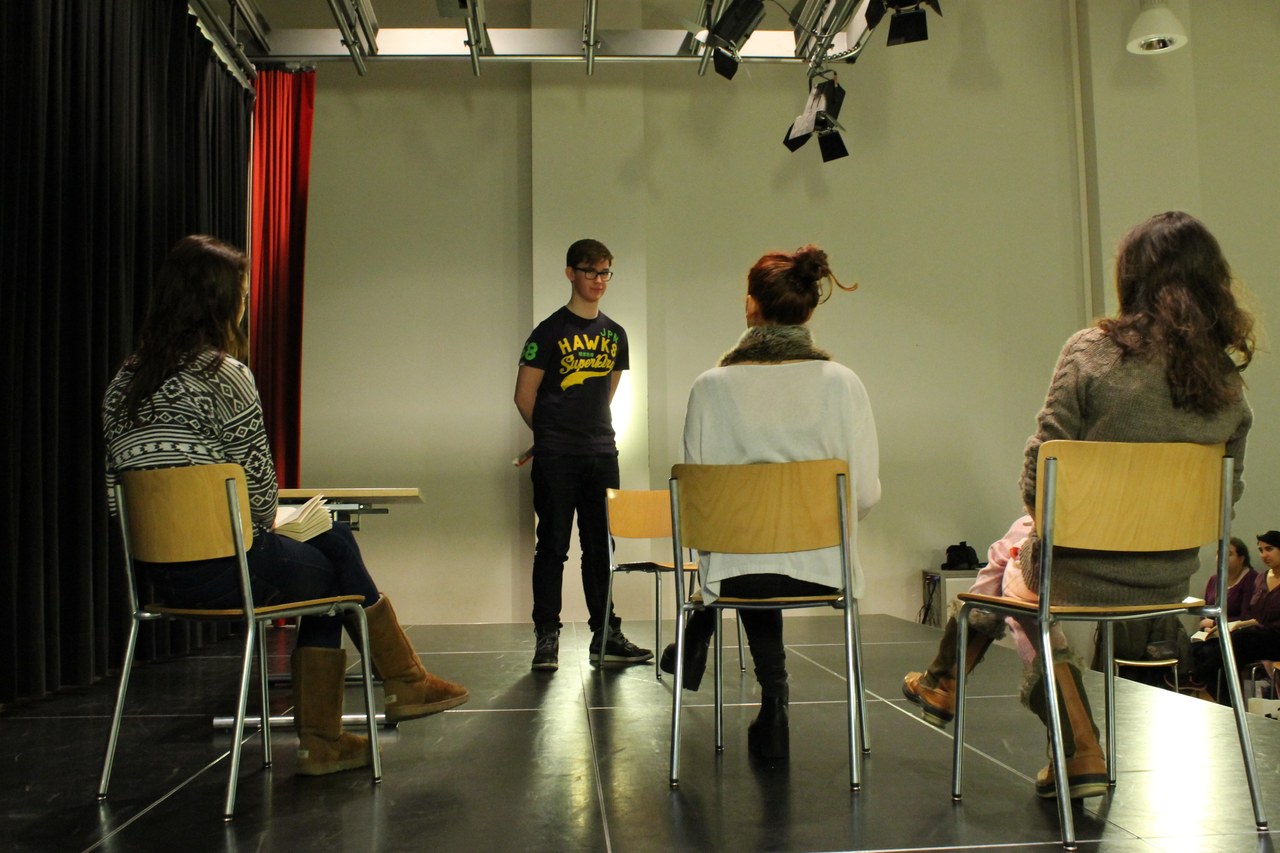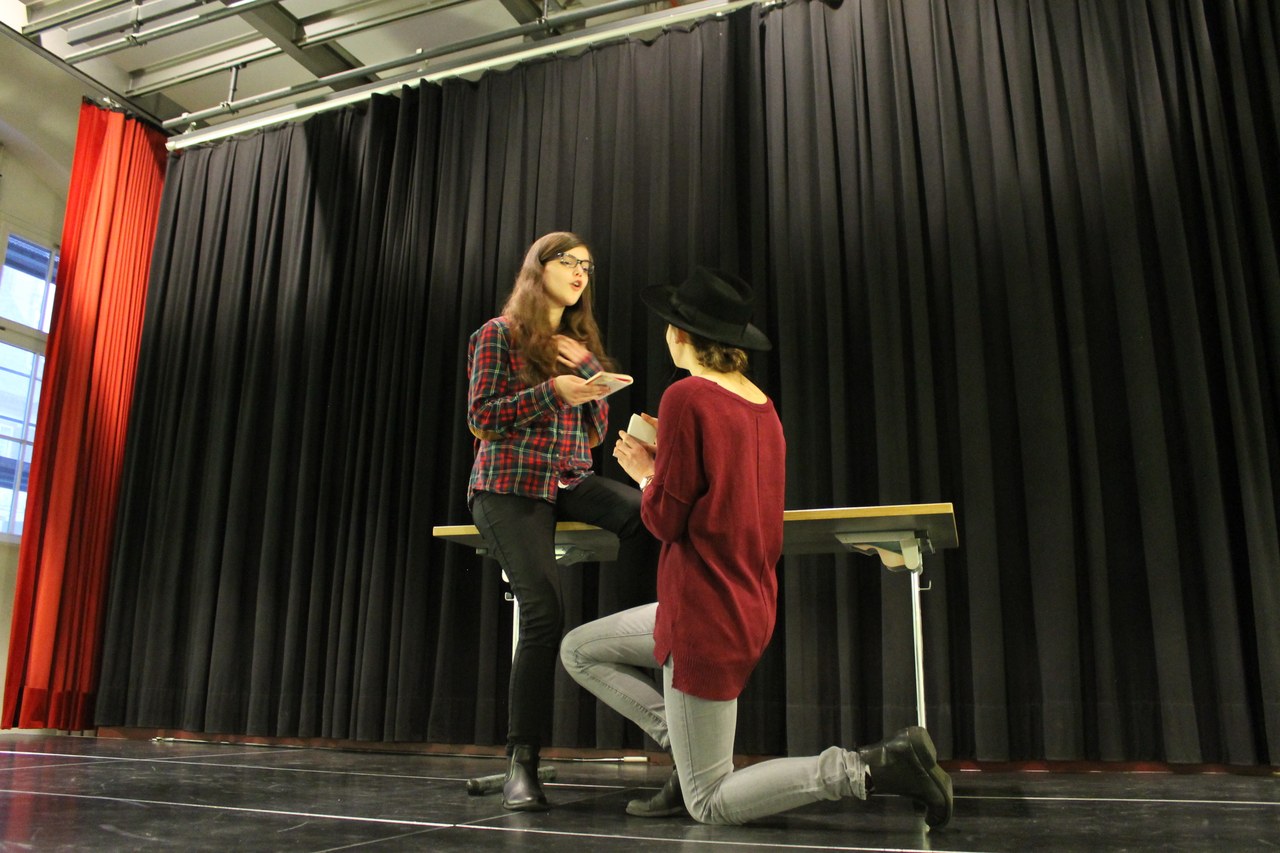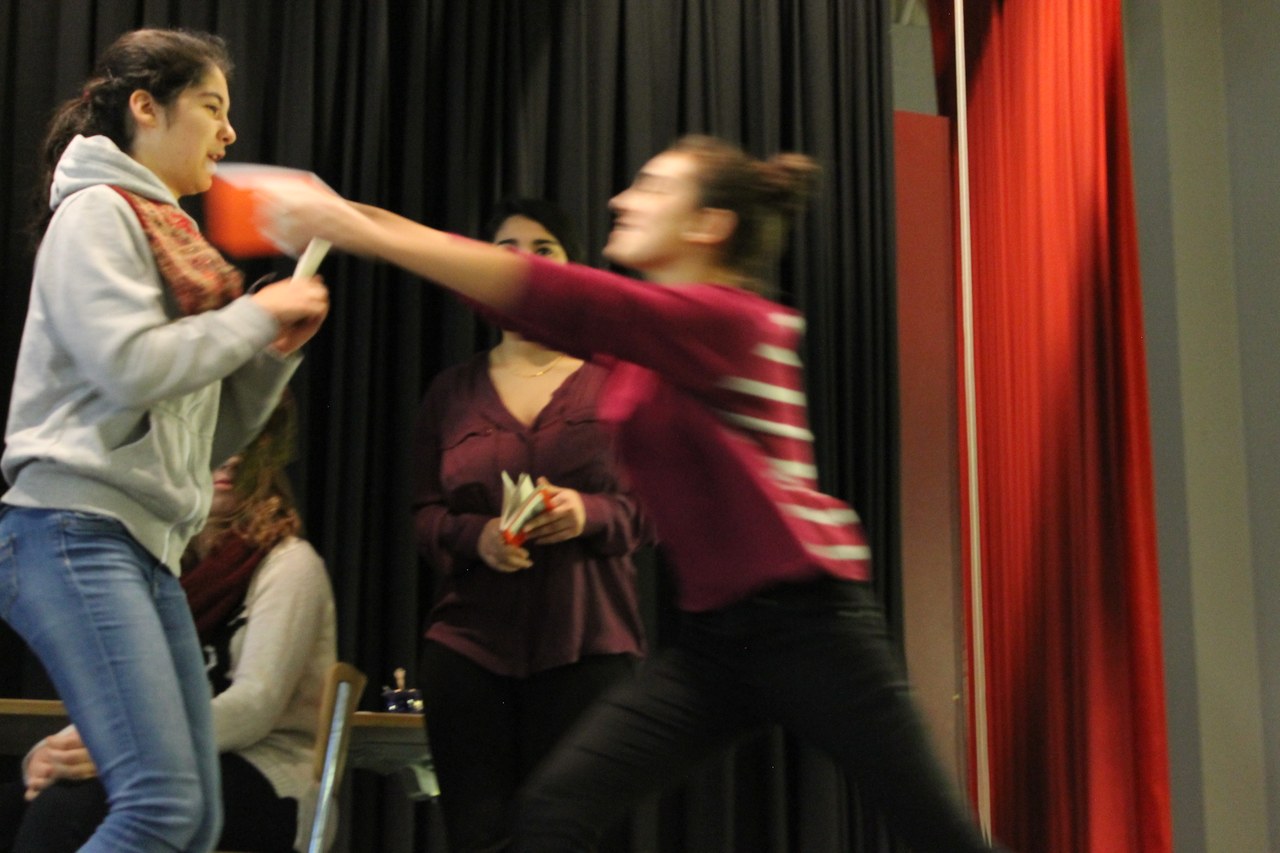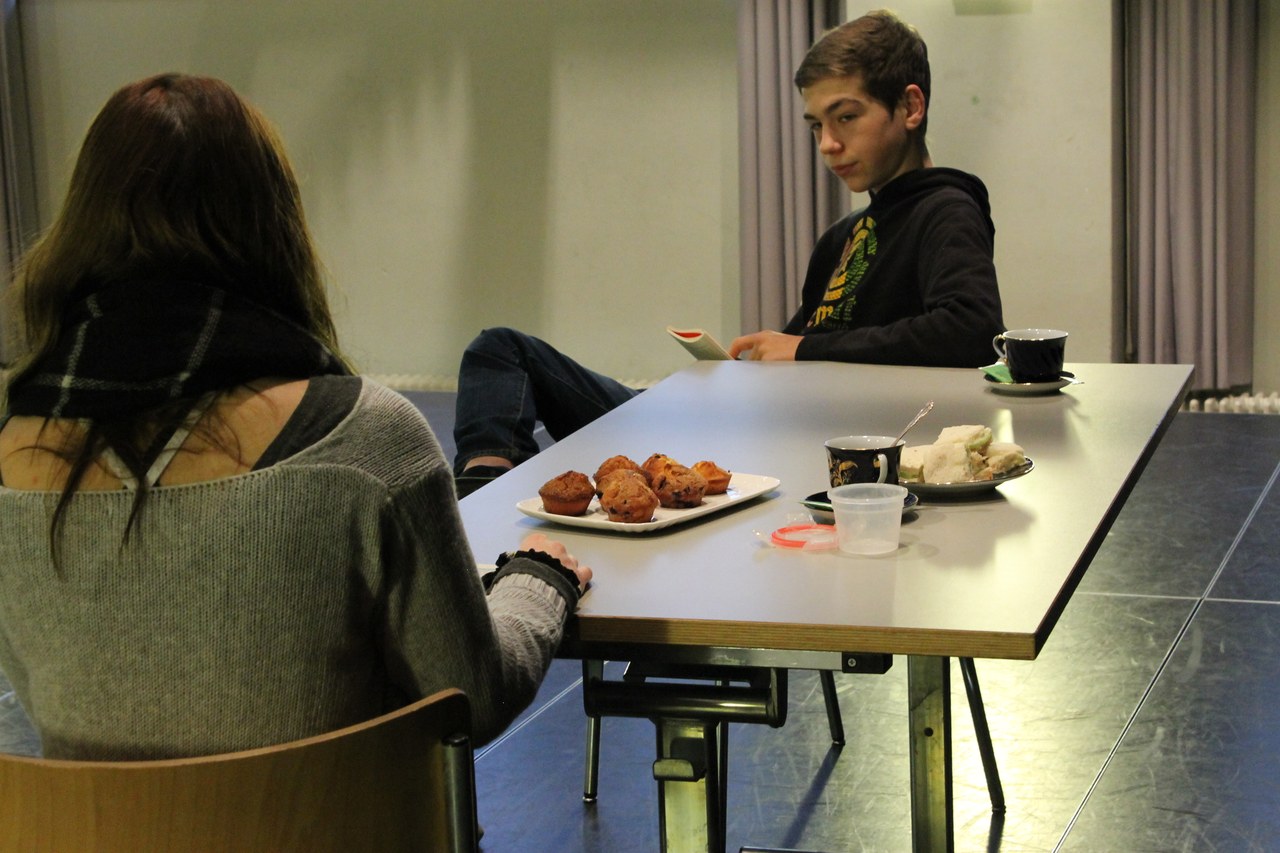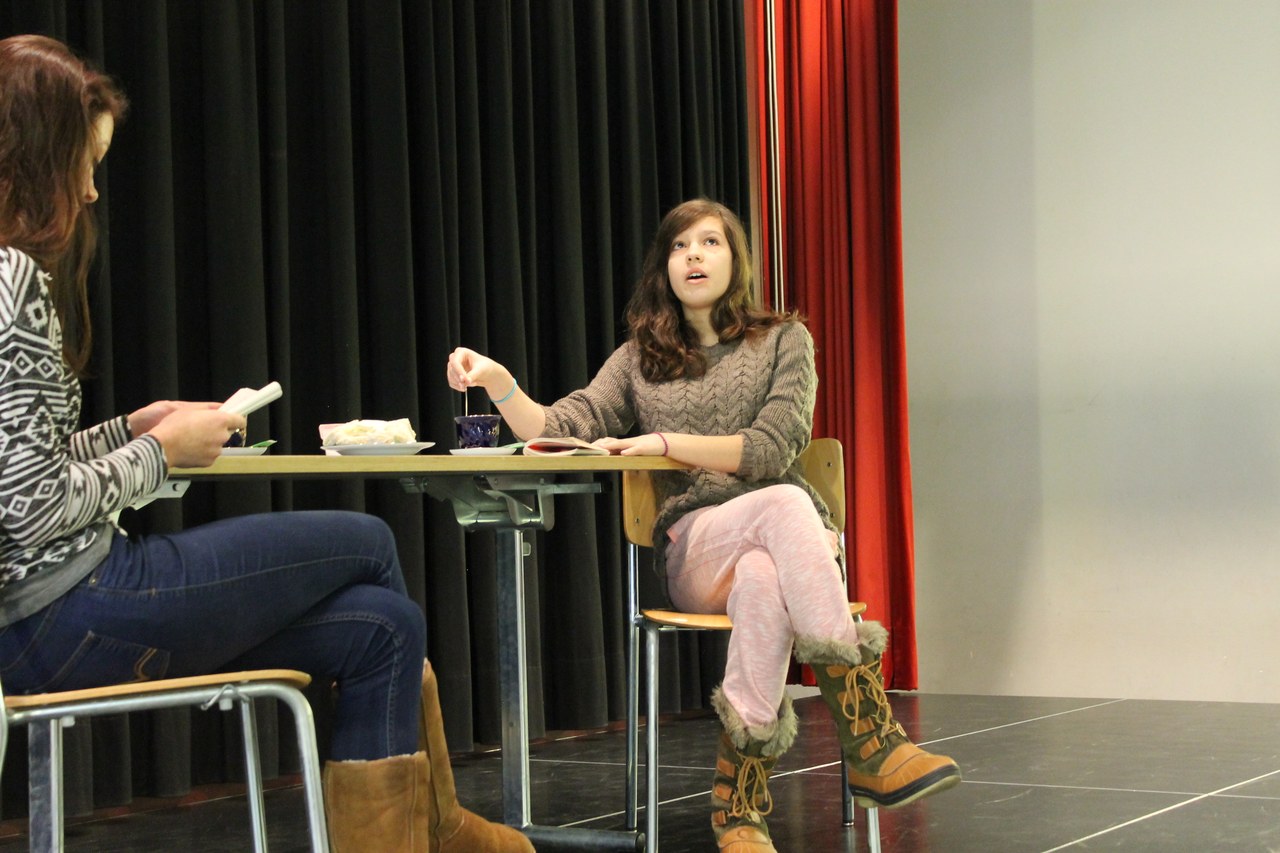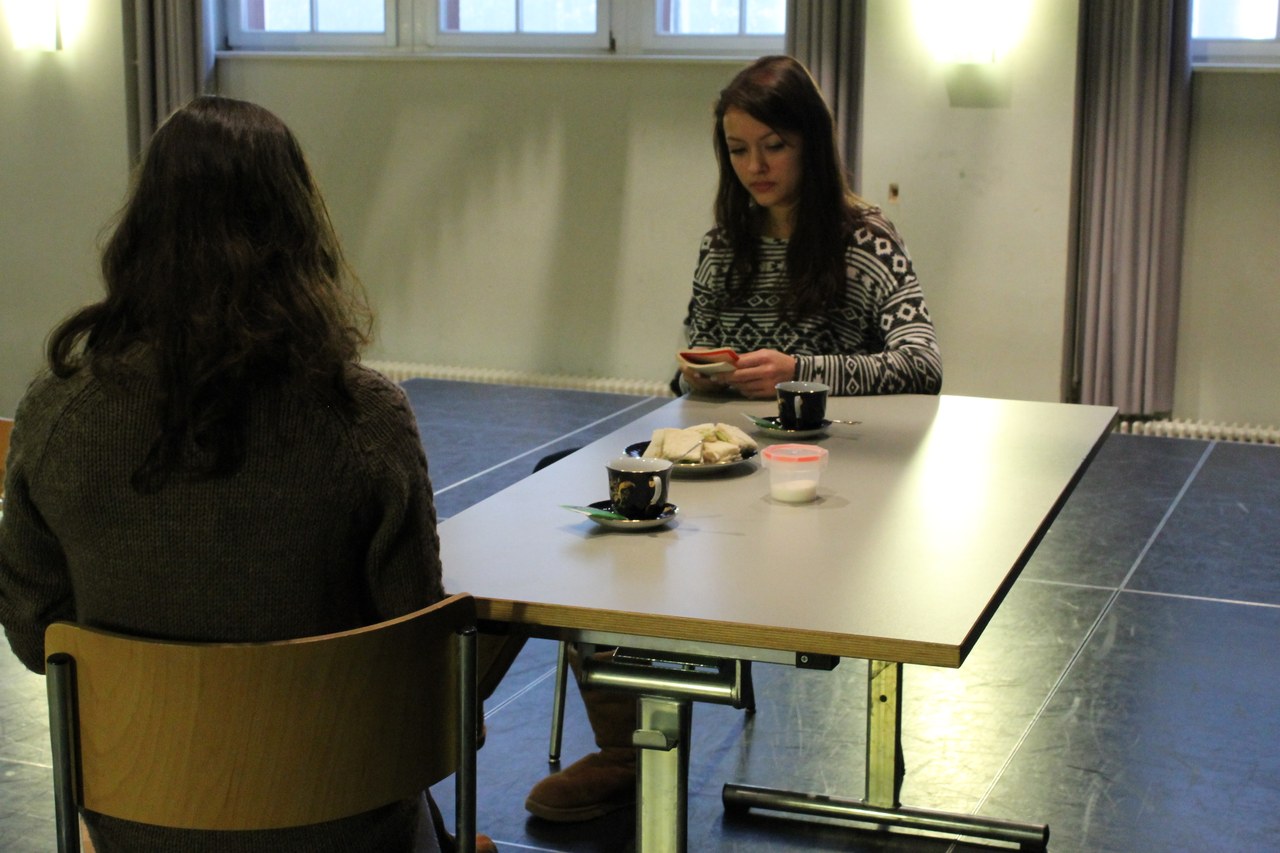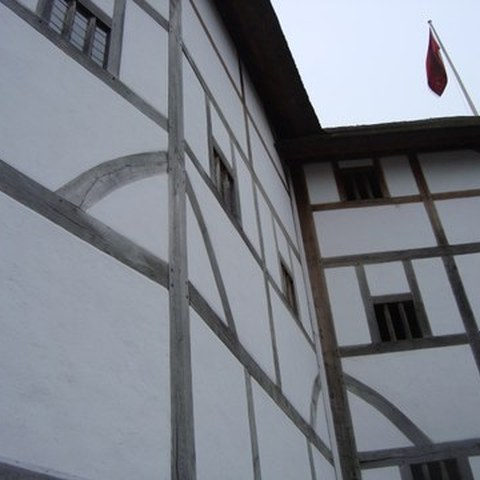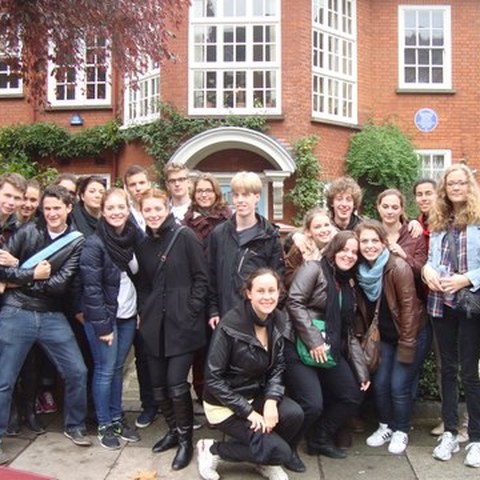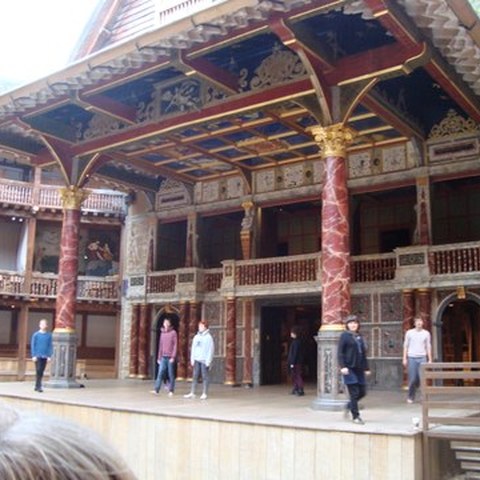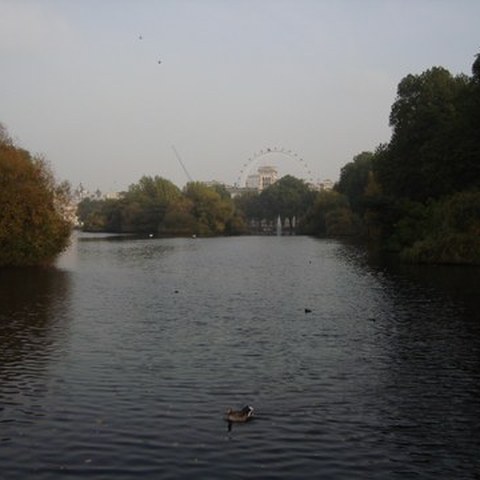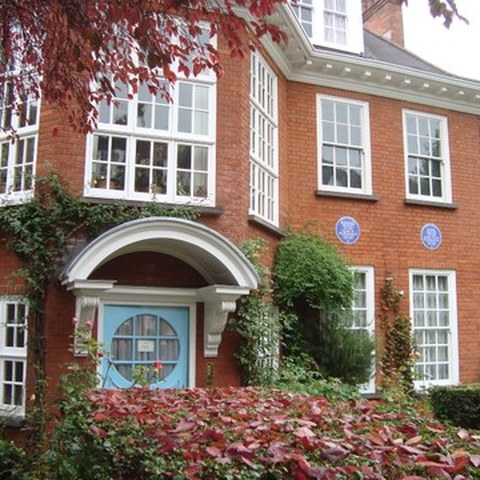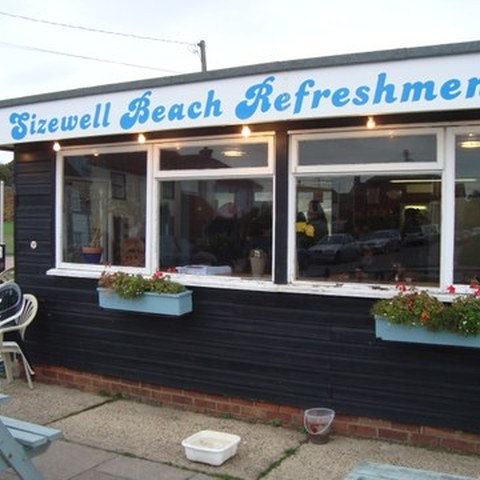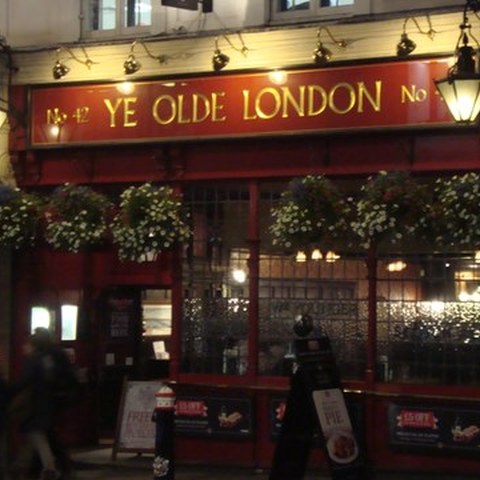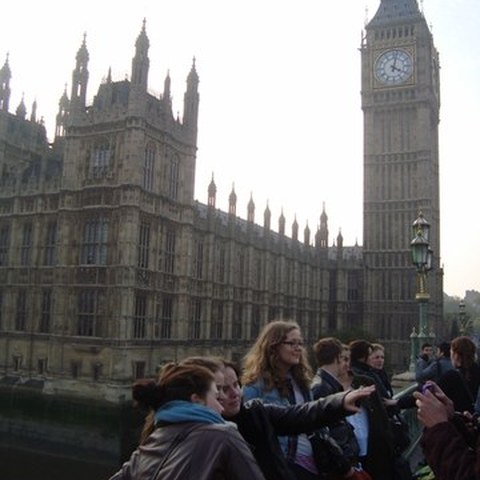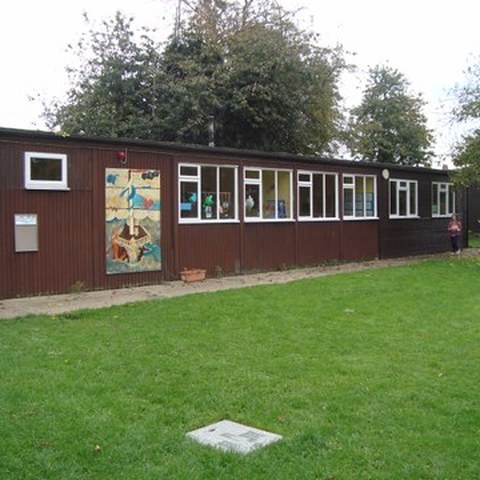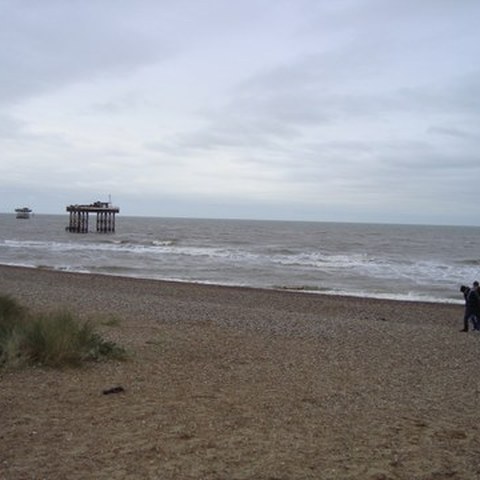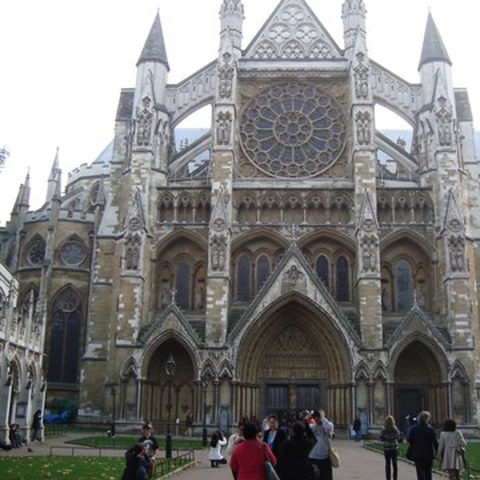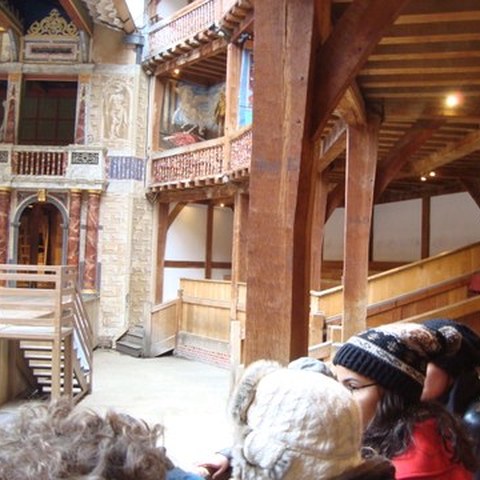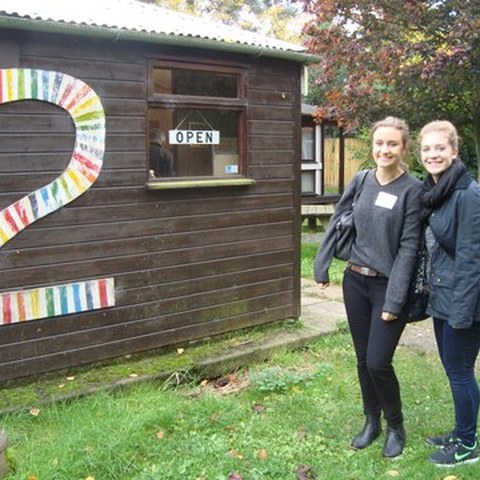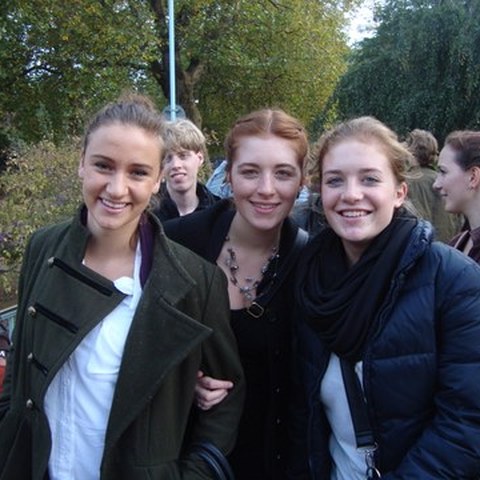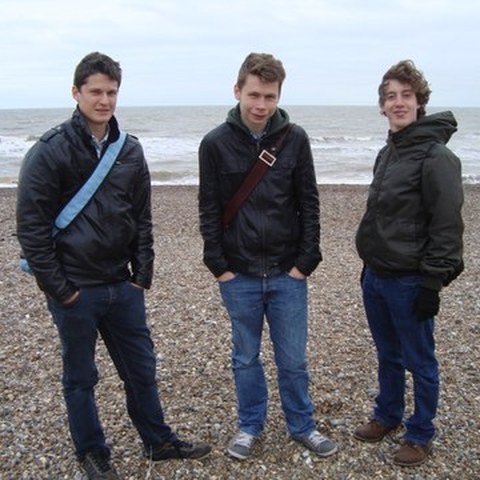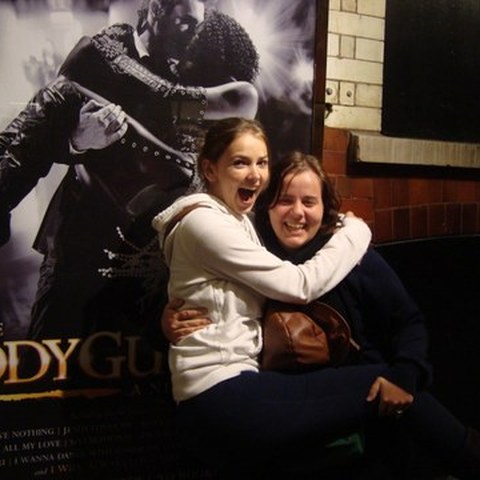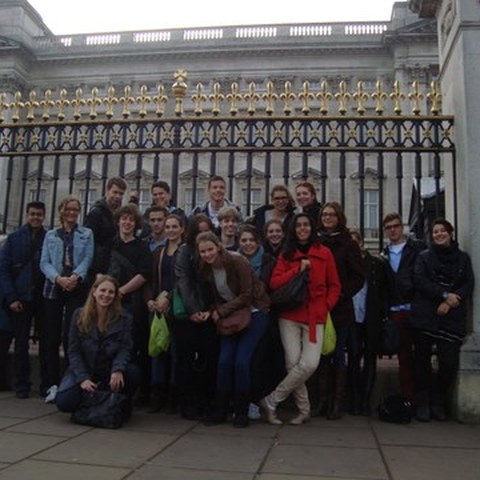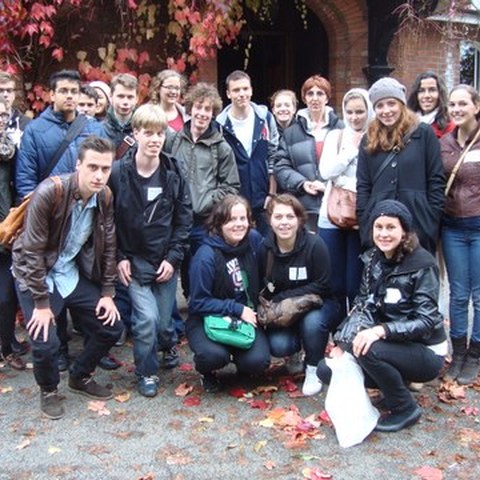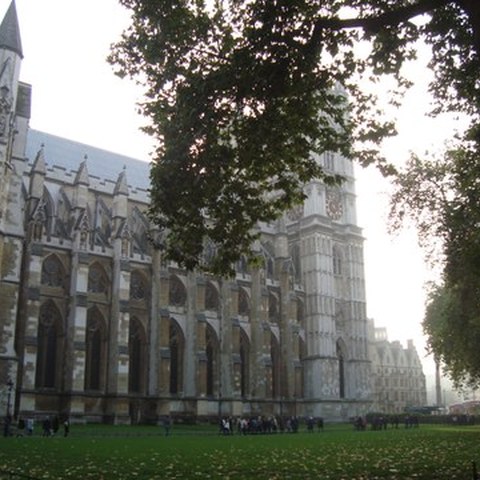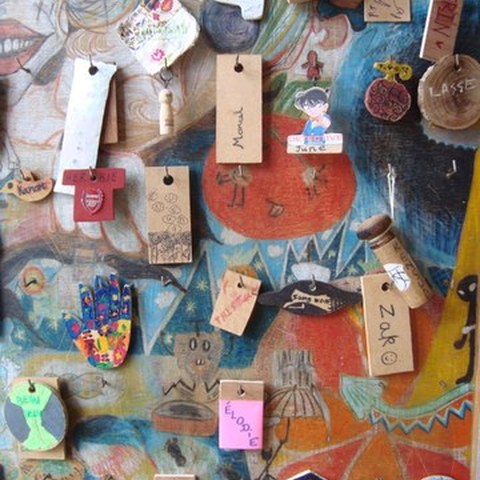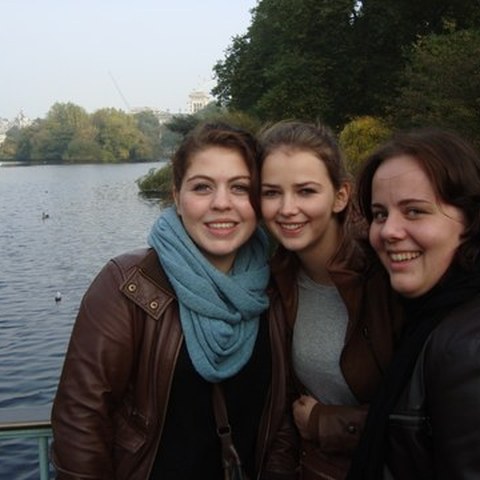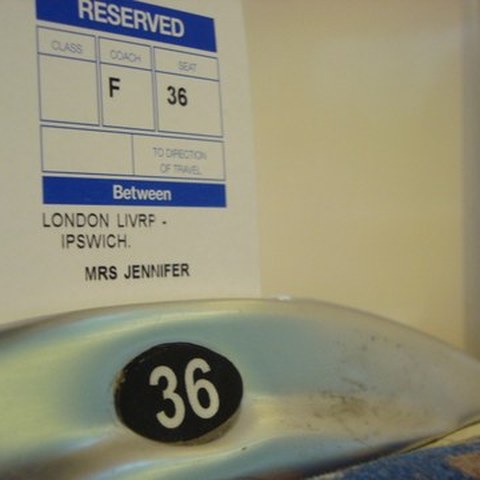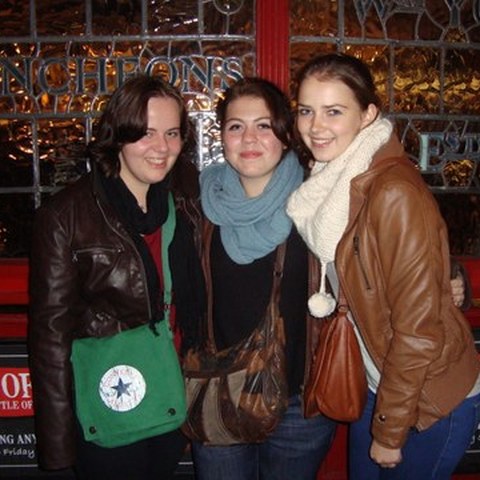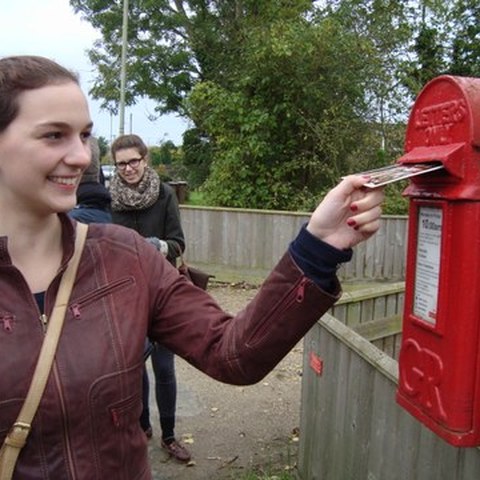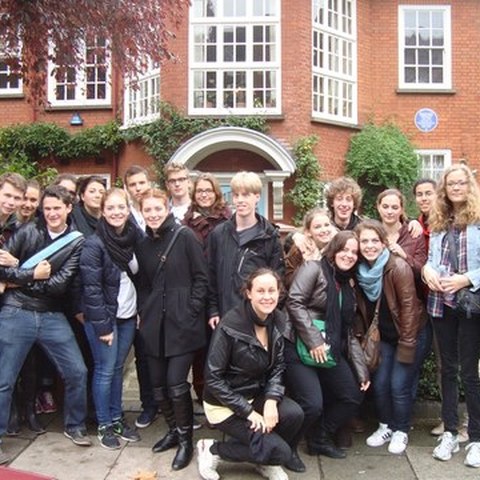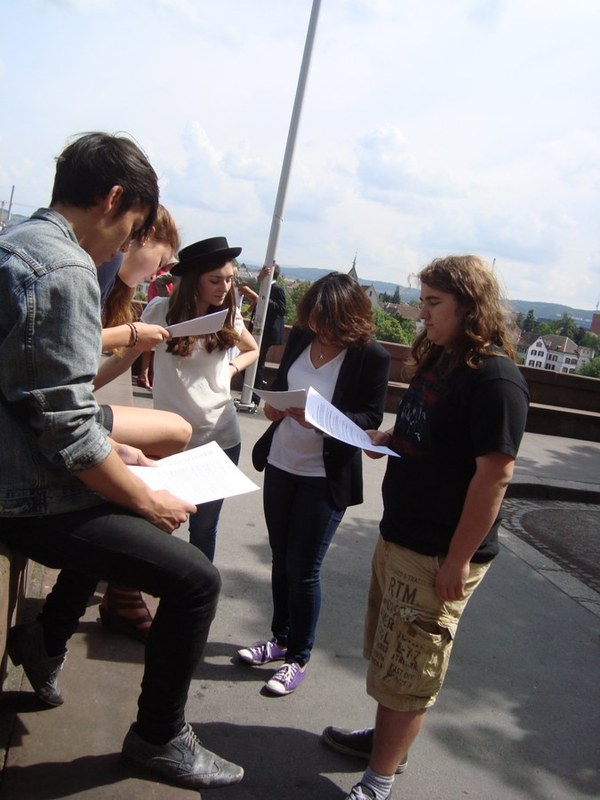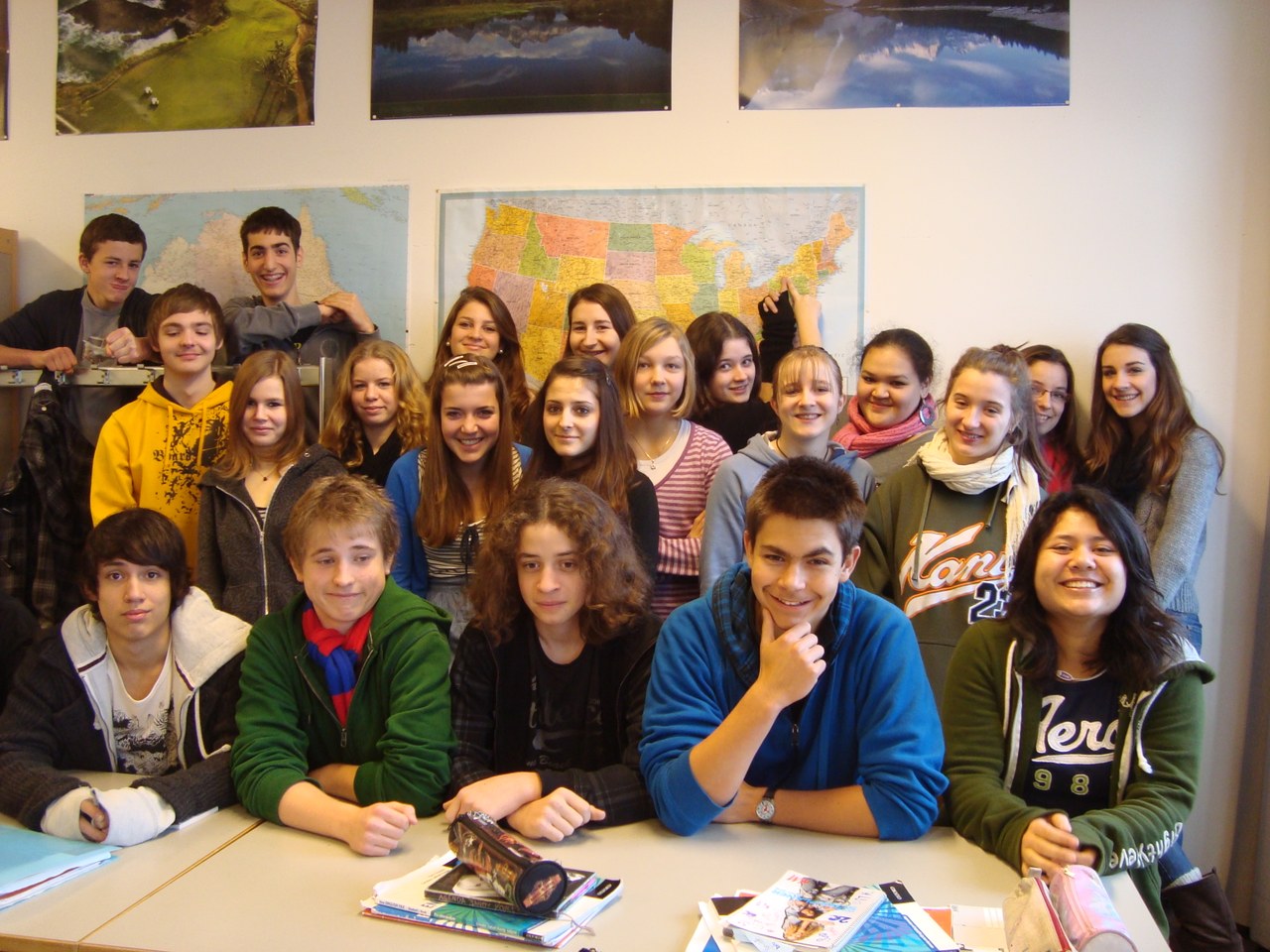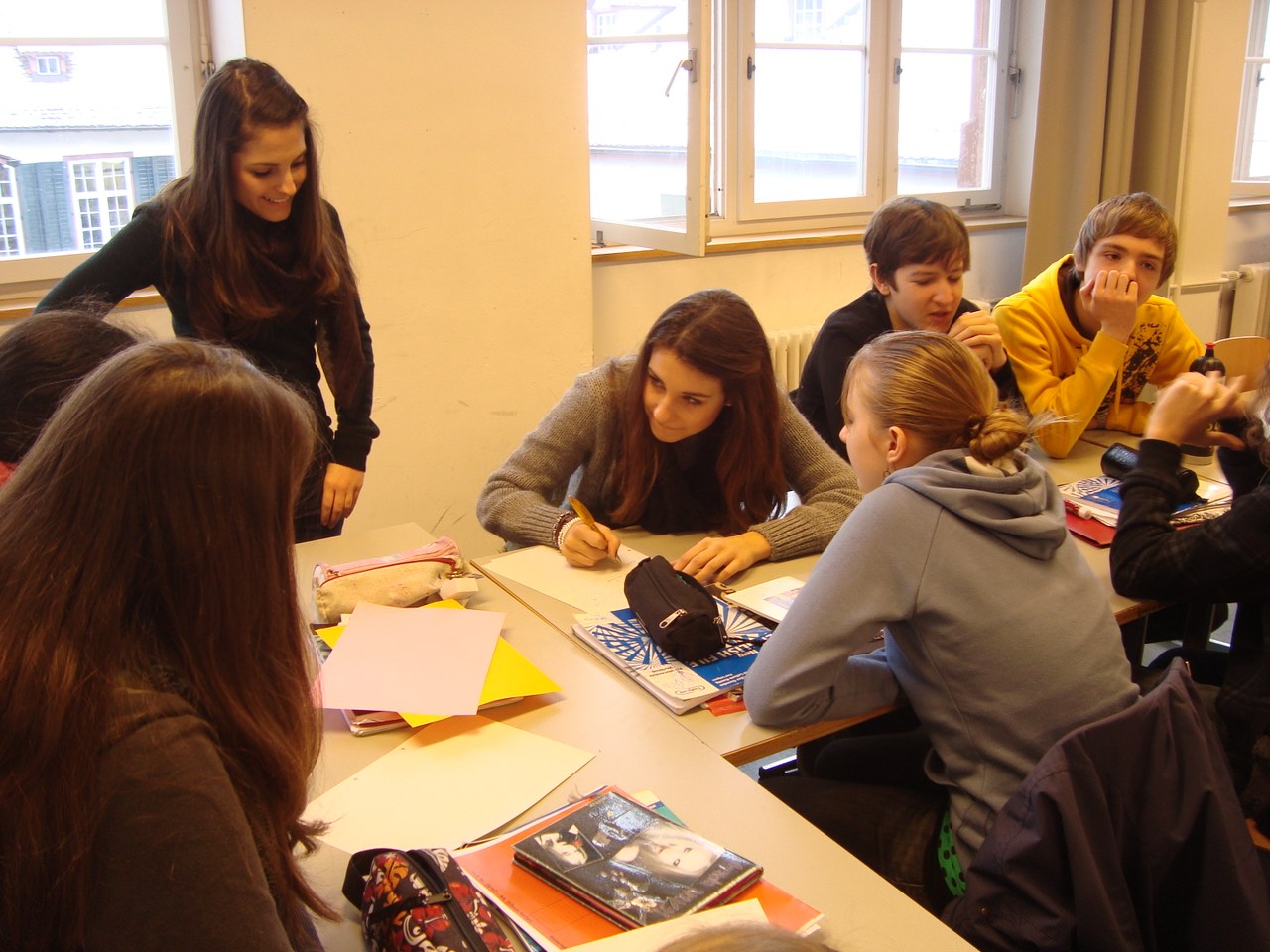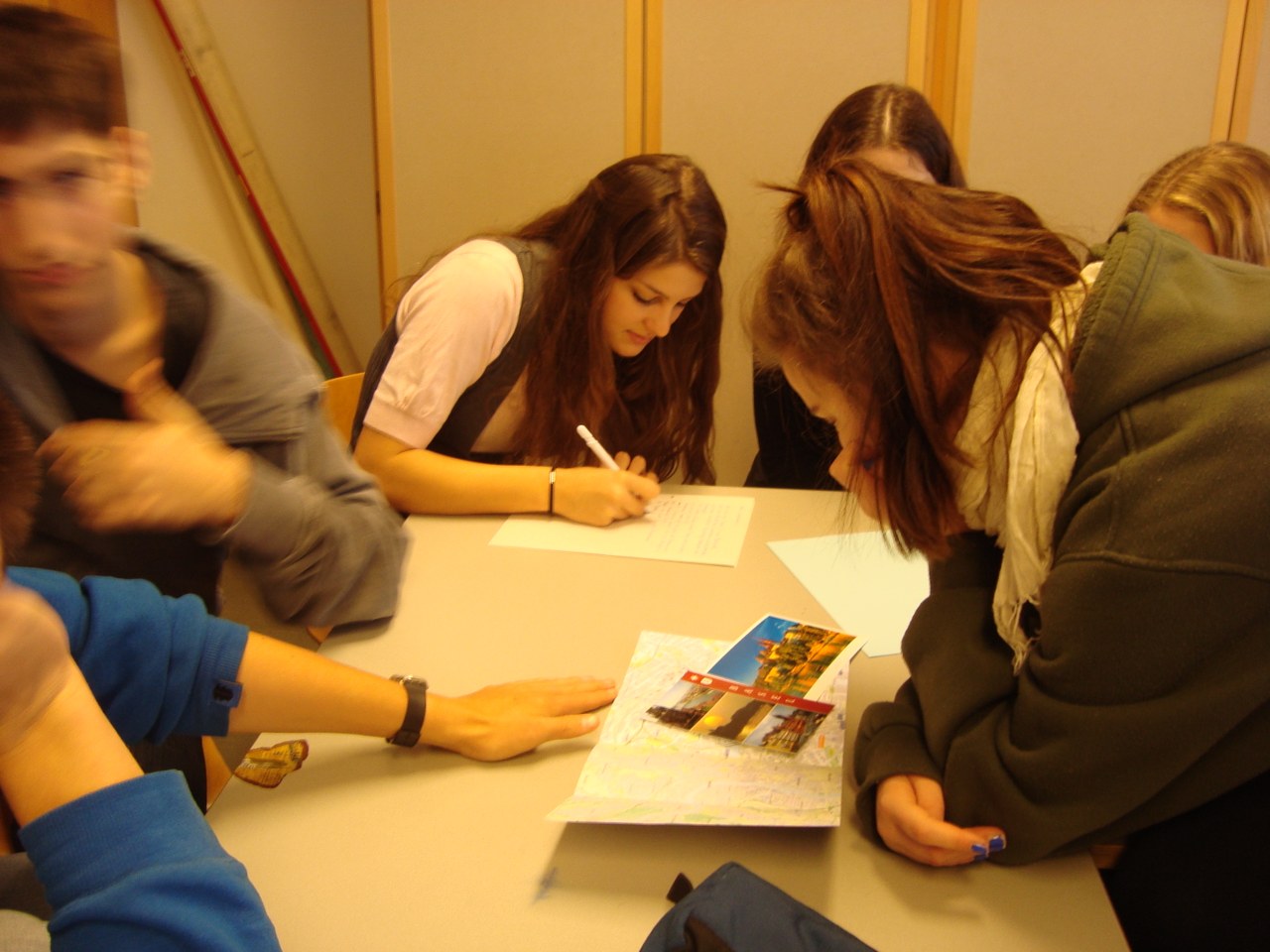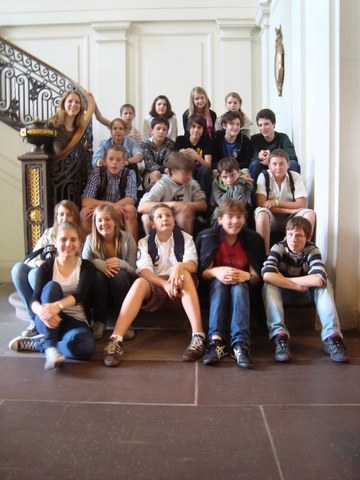Vergangene Projekte
Visit to the English Seminar of the University of Basel
On Tuesday morning, 15th November 2016, the English 'Schwerpunktfach' of Ms Whitebread went to the English Seminar of the University of Basel. Without any expectations of what awaited us inside the walls of number 6 on Nadelberg, we entered through the big wooden door. It soon became clear why the house has the name "Schönes Haus". In the cobbled courtyard with the big tree and fountain we were welcomed by Dr. Catherine Diedrich, representing the linguistics department and research assistant Daniela Keller from the literature department.
During the tour of these century old buildings we were given a glance at its history and saw the inside of the oldest stone building in Basel. We explored the linguistic library with the painted wooden beams with various family crests (the closest they came to facebook), some of us found the camouflaged men's toilet while others searched for a secret passage or any other supernatural elements in the gothic library. Back in the grand lecture hall we had a change to examine the model of Shakespeare's Globe Theatre before Catherine and Daniela introduced us to the concept of 'discourse' and explained their areas of research.
For us it was highly instructive to see what kind of research is actually done at the University of Basel and it also gave us the opportunity to ask questions about university courses and exchange programmes for students of English language and literature.
Trip to London
Together with Mr. Zimmermann and Ms. Preuss, the English native class spent an amazing four days in London, UK. There were many educational things on our full but exciting programme, and at the end of each sun-filled day we would enjoy a delicious meal and spend some great quality time together.
We met up very early in the morning at Basel Euroairport to catch our flight to London. After a long journey into the city and dropping our luggage off at the hostel, we went strait to the Science Museum, which is located in Kensington. Being satisfied after a delicious lunch, we made our way to the very impressive Imperial War Museum. The exhibitions about WW1 and WW2 left us all impressed and speechless. We found particular interest in this museum since this is what we are currently covering in our IB History course with Mr. Zimmermann.
On Friday we visited the impressive British Museum, which consists of exhibitions on various cultures from around the globe. After lunch we had a walk through sunny city, strolling along St. Paul’s Cathedral and Millennium Bridge before arriving at the Tate Modern. For dinner we decided to have an Indian feast, which was delicious
Some of the students decided to go for breakfast at the well-known Mae Deli, which was a great experience. After a short but interesting visit to the Charles Dickens museum we made our way to the National Gallery at Trafalgar Square. While enjoying our lunch on the lawn in the park, we saw a whole fleet of military airplanes fly over, making colourful stripes in the sky. It was only then that we realized that it was Her Majesty the Queen Elizabeth’s 90th birthday, and we enjoyed the celebrations. Everyone got time in the afternoon to do some last-minute shopping and then our last evening was already a fact.
On Sunday morning (or actually Sunday night), we had to get up and leave the hostel at 3:30am to make our way to the airport. A bit sad that our study trip was already over but with great memories we all peacefully slept all the way until our arrival in Basel.
We would like to thank Dr. Krieger for allowing us to go on this memorable study trip and of course Mr. Zimmermann and Ms. Preuss for accompanying us.
Gwynne Janssen (4A)
Sketches on Oscar Wilde’s “The Importance of Being Earnest”
For the past few weeks the English major class of Ms. Whitebread read Oscar Wilde’s famous play “The Importance of Being Earnest”. The comedy is about two young men, who invent fictional characters to escape burdensome social obligations (i.e. spending time with their relatives). This, of course, leads to many complications and hilarious misunderstandings.
After discussing the plot in detail and watching the movie, we got together in small groups to prepare a sketch. We were able to choose our favourite scenes to play them in front of the class after two lessons of preparation. In the Friday morning lesson we went to the auditorium to present our scenes. Luckily, the sketches came out just as funny as the play. It was a very pleasant morning, students even brought cucumber sandwiches and baked delicious muffins (“One must eat muffins quite calmly, it is the only way to eat them.”- Act II). All in all, we enjoyed the project very much. During the project we started to understand the plot better and, even more important, we had loads of fun. Special thanks go to Ms. Whitebread for helping and supporting us on the whole project.
Text and pictures: Anh, 3a
Study Trip with PP to London
Class 5E went on a three day trip to London. Together with their English and PP (Psychology and Pedagogics) teachers they had an intensive programme exploring the Freud Museum, doing some sightseeing in central London, experimenting in the exhibition "Who Am I?" in the Science Museum, visiting the famous democratic Summerhill School in Suffolk (including a walk to the windy beach), and experiencing the Shakespeare Globe Theatre.
An Inspector Calls
In English class we read the play “An Inspector Calls” by J.B. Priestly. We discussed it thoroughly and looked at different aspects related to the play (author, historical background etc.). Towards the end, Ms Whitebread came up with the idea of bringing the play on stage. So we separated the class into 3 groups (1 group for each act) and each group could prepare a little scene in the lessons. The task was to summarize the main passages/thoughts into one scene and present it a week later “on stage”. Some groups even wrote an own script. A week later, we could finally present our work. We brought hats, pipes etc. to create it livelier. We could perform it either in the cloister of the Cathedral or in the school’s auditorium. It was fun to bring this play to life!
Gioia Egloff, 3C
Pygmalion – reading and watching a play
“I write my forewords for intellectuals and my plays for dummies”. George Bernard Shaw allegedly made this statement as a reaction to the astonishment his overlong prefaces provoked in his readers. Unintimidated by this, we students from class 3A picked up Shaw’s play Pygmalion – as a play to read and a performance to attend. This report tells of the experience. The task was to read Pygmalion with the aim to watch the play in the end. For a period of about three weeks, starting at the beginning of the new year, we were constantly reading one act after the other (there are five!) and every Wednesday morning, we discussed the assigned pages in class. Mr. Hänggi’s reading tasks served as a guideline for reading comprehension and interpretation. We found this play more difficult to read than the books we had read up until then – a set of short stories and one contemporary novel. The play Pygmalion was our first encounter with the classics of British Literature (despite being born in Dublin, Shaw has been claimed by Anthologies of British Literature…). The content of the play itself was stimulating and ideal for debate. The story of Eliza Doolittle, a working-class flower girl and her attempted rise in social status are at the centre of this work. Watching the play after having read and dissected it was an exciting experience, because we were all curious about the way the cast would realise the different scenes on stage. Additionally, we realised the difference between reading a play and actually watching it. First, a foreign language forces you to concentrate on comprehension and thus limits imagination. So, watching this guest performance staged by native speakers at the Basel Theatre clarified a lot of scenes and meanings for us. How much more relaxing and pleasant it is to watch a play than to bring up the exhausting effort of reading!! The Basel production of the play was great, entertaining and altogether successful. The actors added some changes to the play: the slightly dated ‘bloody’ was traded in for the modern and more shocking F-word, so as to make Mrs. Eynsford-Hill’s reaction to Eliza’s use of the word more plausible. The daughter of Enysford-Hill was missing altogether, so was the cab-driver. As the cast counted only five actors, several roles were played by one actor. The masterpiece of this production was the reorganisation of the stage between the scenes: the actors used five white linen panels that were moved back and forth between scenes, accompanied by polyphonic singing of greatest quality. Thus, a panel could be a pillar, a wall, a rosebush, or a blackboard for a phonetic chart. The text of the play is already immensely funny – but spoken and acted out by the actors it was hilarious!! We must give great credit to the actors’ performance. Altogether, the experience of watching and reading this play was quite successful and made me keen on reading some more books – be it in class or on my own. It is a good opportunity to get into the English language and to appreciate its beauty. Mr. Hänggi chose a good book with a precocious statement. Reading the book with the aim of watching the play in the end made it an even more elaborate project.
Farah Grütter, class 3A
Pen Pals from Portville (NY)
Class 2C are exchanging e-mails with two classes from Portville and Franklinville Central School (NY). One of the classes is learning German, the other one is learning French. On the pictures the students are writing the first letters, presenting our class, to their new pen pals. Now we just write e-mails, which is much faster, and we hear regularly from each other.

